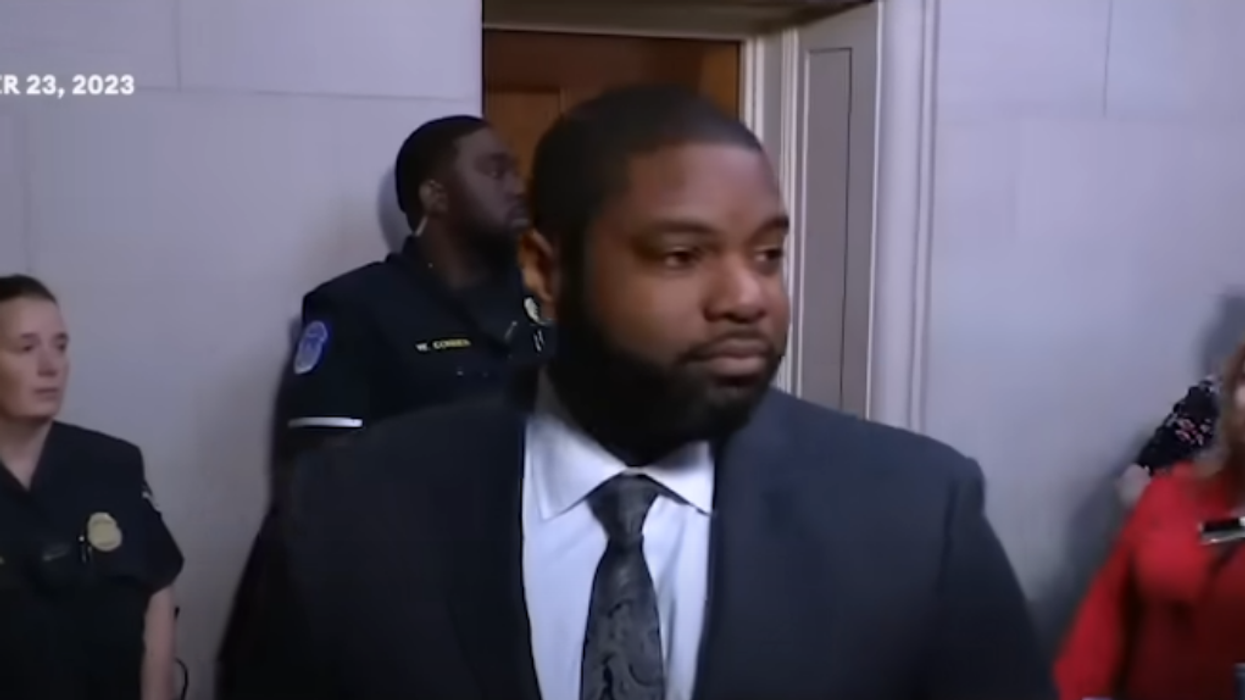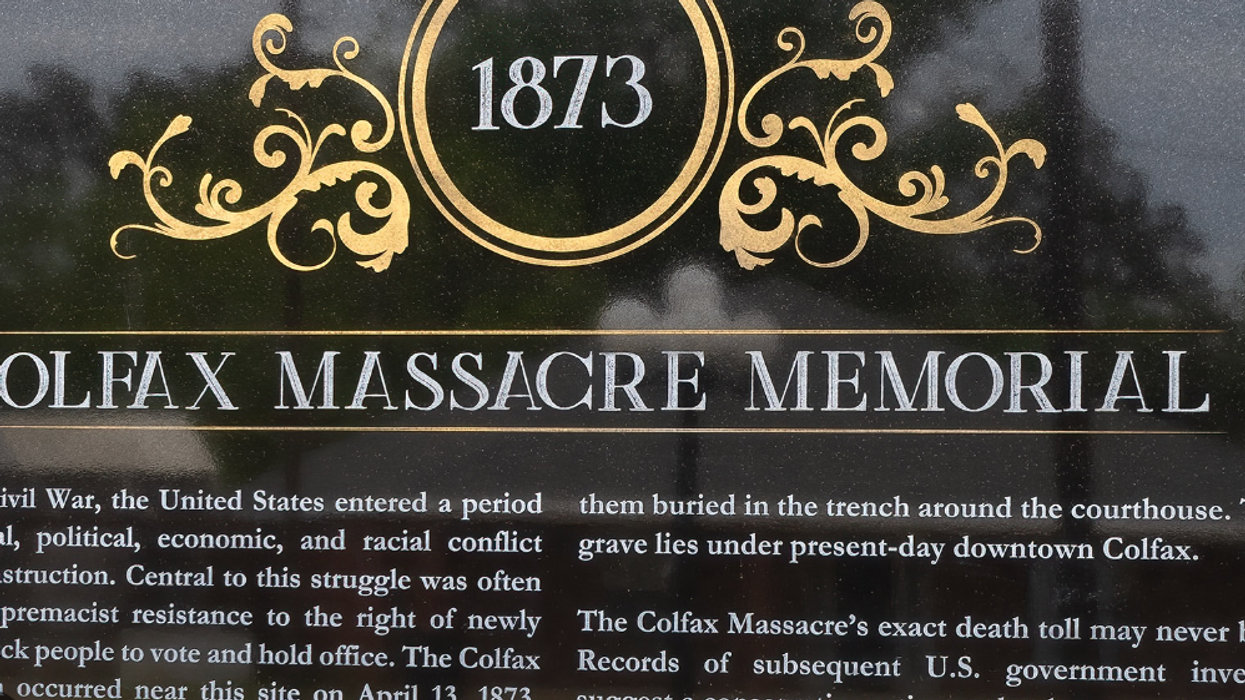Under Court Dictum, Harvard Law School Steps Back In Time
According to figures released last month, there are a grand total of 19 Black students in the first-year class at Harvard Law School, down from 43 in last year's entering class. You have to go back to the 1960s to find so few Black students in the entering class.
In the years since 1970, the number of first years, or 1Ls, who were Black has ranged from 50 to 70. Professor David Wilkins, a brilliant Black professor at Harvard and the faculty director of the school's Center on the Legal Profession, noted that "this is the lowest number of Black entering first-year students since 1965" and that "this obviously has a lot to do with the chilling effect created by that decision" — that is, the decision last year by the United States Supreme Court, in a case where Harvard College was a defendant, barring affirmative action in university admissions.
It is a major step backward for a school that has produced some of the leading Black lawyers in America, a step backward that dramatically affects not only Black students, but the quality of education for all students at HLS. Diversity makes a huge difference in what happens in a law school classroom. And a Harvard degree opens doors to a career in law that, fairly or not, are just not the same for graduates of lower-tier law schools.
I spent three years as a student at Harvard Law, and another 10 as a member of the faculty. The Black students in my time at Harvard included everyone from future civil rights leaders like Charles Ogletree and John Payton and Christopher Edley Jr. to political leaders like Barack and Michelle Obama and Massachusetts Gov. Deval Patrick. They made a difference — in the classroom, on the Law Review, and in American life and law.
The number of Hispanic students also dropped sharply, from 63 students, or 11 percent of the total last year, to 39 students, or 6.9 percent of the total this year. The number of white and Asian students obviously increased.
I always used to ask my criminal law students who had ever been stopped by the police. A pretty big smattering of hands, young women included, which usually reduced to a handful when I asked students who talked their way out of it or got away with a warning to put their hands down. How big a handful depending on how many Black men I had in the class. Many of my white students expressed surprise that it was so obvious. I was a better teacher when I had a diverse class. There are a total of six Black men in the entering class at Harvard Law, according to Wilkins.
Richard Sander, a professor at UCLA Law and a critic of affirmative action, dismissed the latest reports from Harvard, telling The New York Times that it might actually be beneficial: "because those students are going to go to another school where they're better matched and they're poised to succeed. ... Students prefer going to a school where they are not going to get a preference, because they think they'll be more competitive there, which I think is true."
My experience, and that of my classmates and students over the years, is that a degree from Harvard Law School opens doors for all of its students, as it did for me, to a Supreme Court clerkship, to a job on the Senate Judiciary Committee, to a professorship at Harvard, to places where it was my calling card. Those were not places where someone who was bartending her way through law school had any connections. The "network" you join in those three years turns out to include some of the most prominent leaders in politics, business and law. I have never in all my years in academia run into a student who told me they turned down Harvard for a second-tier law school to be a better match, and I would certainly never advise a college student to do that.
In a statement, Harvard spokesman Jeff Neal said that the law school continued "to believe that a student body composed of persons with a wide variety of backgrounds and experiences is a vital component of legal education. ... Harvard Law School remains committed both to following the law and to fostering an on-campus community and a legal profession that reflect numerous dimensions of human experience."
It has its work cut out for it. Six black men in a class of 560 students is just not enough.
Reprinted with permission from Creators.












